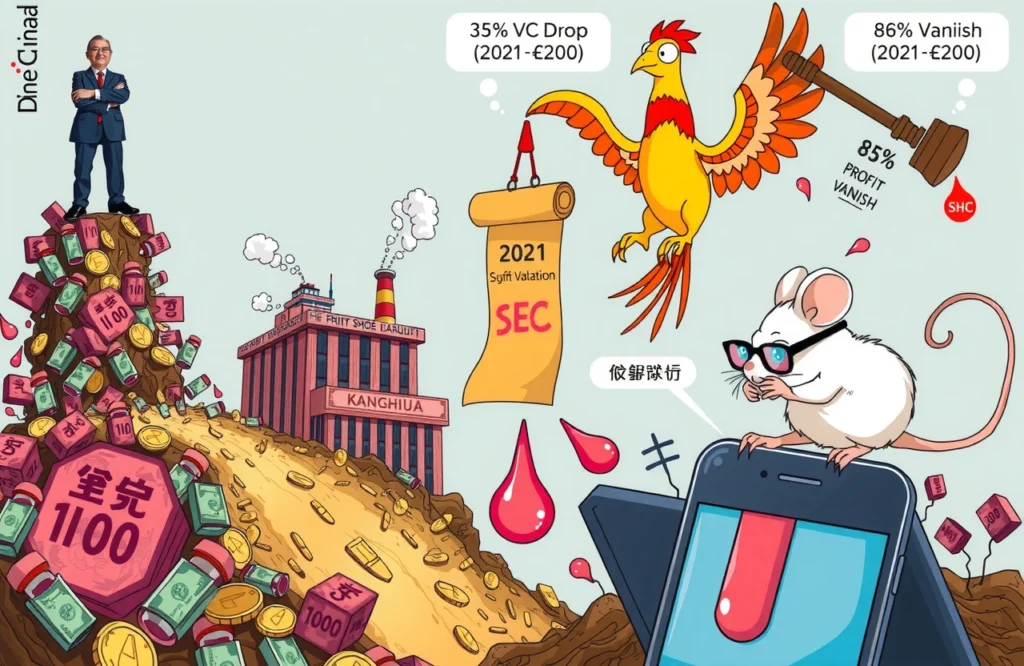The Fizzy Showdown: Corporate Independence vs. Presidential Pressure
When Donald Trump (唐纳德·特朗普) tweeted that Coca-Cola agreed to switch American production to sugarcane, corporate watchers held their breath. Hours later, the beverage giant delivered a polite rebuff: “未承诺做出改变” (no commitment to change). This unexpected corporate-presidential standoff uncovers crucial dynamics about formula integrity, agricultural lobbying, and brand identity. As Coca-Cola maintains its U.S. formula using corn-based sweeteners while preserving cane sugar formulas elsewhere, this incident signals how multinationals navigate political pressures without compromising flagship products.
Crisis Communication 101: Dissecting Coca-Cola’s Diplomatic Rebuttal
The beverages giant deployed textbook corporate messaging when responding to potentially destabilizing market claims. Their official statement carefully avoided confrontation while establishing clear boundaries.
Interpreting Corporate Language: The Meaning Beneath the Words
Analysts noted Coca-Cola’s precise linguistic choices: While thanking Trump for his “enthusiasm”, executives never engaged his premise about an imminent Coca-Cola formula change. Instead, they pivoted to discussing “innovative products” – language affirming commitment to consumer preferences rather than policy demands. This maintained diplomacy while avoiding acquiescence.
The Presidential Palate: Trump’s Diet Coke Obsession
This wasn’t Trump’s first engagement with the brand. Multiple reports documented his unusual arrangements for acquiring Diet Coke – including installing a dedicated “Coke button” in the Oval Office, signaling staff to deliver ice-cold cans instantly. Such personal habits added context to his unexpected market intervention.
Sweetener Science: Corn Syrup vs. Sugarcane
Food scientists describe measurable differences in these sweeteners that explain Coca-Cola’s refusal to alter its core product.
Flavor Dynamics: Why Sweeteners Aren’t Interchangeable
Taste studies confirm distinct sensory experiences: High-fructose corn syrup generates an immediate sweet peak suited to fruity formulas, while cane sugar creates prolonged sweetness. Blind tests show consumers distinguish sugarcane-sweetened “Mexican Coke” from U.S. formulations consistently.
Market Economics: The Business Case Against Change
Coca-Cola’s global production strategy responds to agricultural economics. U.S. farms produce abundant subsidized corn, making HFCS financially optimal for domestic production. Conversely, international plants like Mexico and Europe utilize locally sourced sugarcane.
Strategic Implications: Brand Consistency Matters
The company preserved its most valuable asset: consistent taste expectations in core markets. Historical precedent loomed large – Coca-Cola learned painful lessons from their 1985 “New Coke” formula change debacle that sparked consumer rebellion despite rigorous market testing.
Lessons From History: Why Formula Changes Trigger Consumer Backlash
Experiences like the New Coke incident demonstrate how core formulas become cultural touchstones. Consumers define brands by taste reliability. As Coca-Cola CEO James Quincey noted, tampering with flagship products risks invaluable generational loyalty.
The Political Boundary Shift: Corporate Responses to Executive Pressure
Coca-Cola setting boundaries with presidential claims establishes noteworthy precedent. This stance demonstrates multinationals’ increasing willingness to defend commercial autonomy against policy-linked requests within democratic systems.
Tasting Legacy: Why Consumers Defend Their Formula
Ultimately, corporations take direction from perceived consumer preferences. When beverage enthusiasts describe Mexican Coca-Cola products distinguished by thicker glass bottles and cane sugar sweetness, they validate corporate segmentation strategies pursued despite political commentary. Coca-Cola’s formula stance honors distinct but equally loyal markets.
Calls to Action: Engaging with the Great Soda Debate
The ultimate lesson transcends beverages: Commercial giants now navigate highly polarized environments requiring careful consideration of both political impacts and consumer trust. Beverage enthusiasts can organize blind taste tests comparing international Coca-Cola varieties. Industry observers should note how corporate pushbacks against political narratives become documented precedents. Most vitally, product managers across industries should revisit crisis protocols addressing unexpected stakeholder claims.




